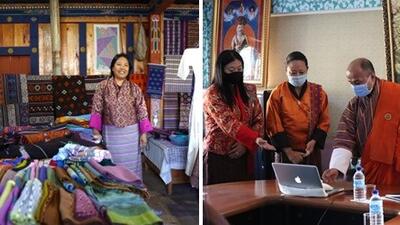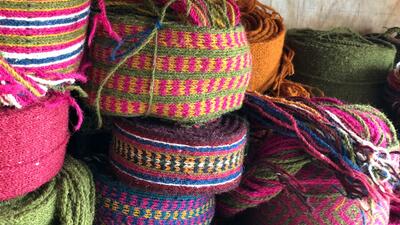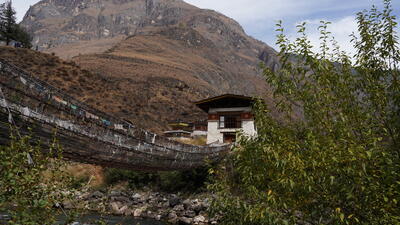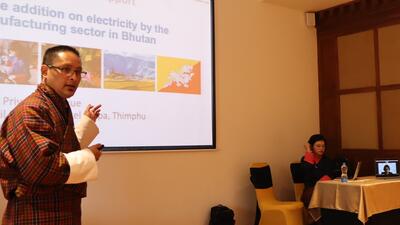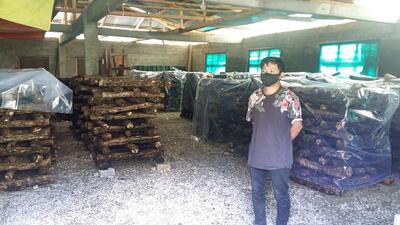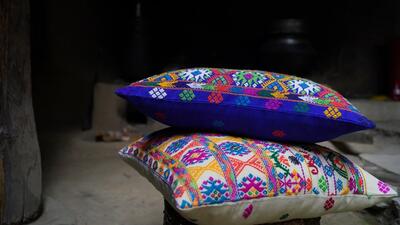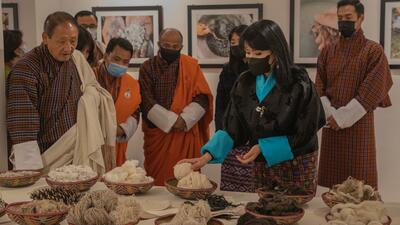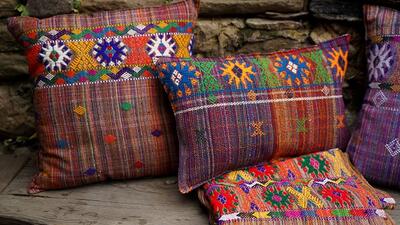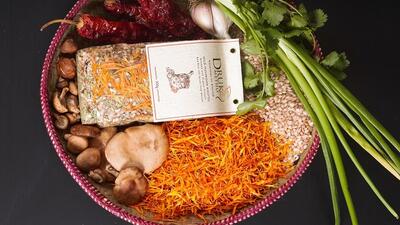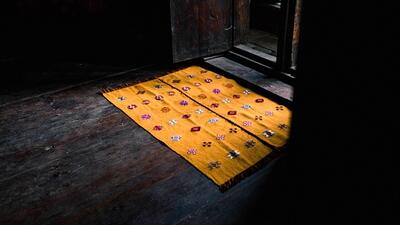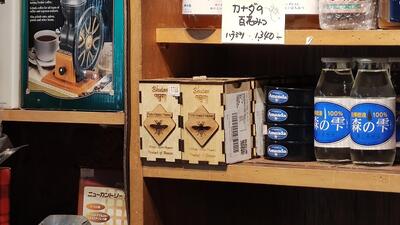
Boosting export knowledge in Bhutan’s handicraft textile sector
Bhutanese handicraft textile producers eye high-end markets.
’I am very happy and grateful for the eye opening study tour. I have seen a lot, learnt a lot and will be taking back home very relevant ideas I can use.’
These are the words of Ms. Sonam Dolma, Head of Design at the SAARC Business Association of Home-based workers (SABAH Bhutan), a civil-society organization of more than 1,000 weavers, mostly women. Dolma recently took part in a regional study tour organized by the International Trade Centre (ITC) to Laos and Thailand from 28 April to 9 May 2019, alongside other selected Bhutanese handicraft producers, managers, designers and representatives from public institutions.
The study tour, which was organized as part of the EU-Bhutan Trade Support Project, funded by the European Union (EU), was carried out in coordination with the Agency for Promotion of Indigenous Crafts (APIC). It sought to empower entrepreneurs and enterprises in Bhutanese handicraft sector and strengthen their export and production knowledge, including through meeting artisans in the Southeast Asian region that face similar constraints and challenges.
Prior to the study tour, Dolma took part in workshops on product development, brand identity, home textile products, and export-quality management. She also benefitted from individual coaching on enhancing the export potential and supply capacity of SABAH. According to Dolma, the step-by-step approach taken by ITC from market research to product development to building linkages with buyers as highly relevant.
The handicraft textile industry is an integral part of Bhutanese life and culture. It employs about half of the country’s workforce. . However, if the sector is going to succeed in high-end markets, the design and quality of handicraft textile products require further enhancements to be competitive. This is particularly the case for markets such as Europe, the United States and Japan. Improved business skills and better understanding of market requirements, export quality management, and best practices in sustainable production will help address some of the challenges faced by Bhutanese artisans.
Unique opportunity
Study tours such as this one are important for Bhutanese handicraft producers and exporters, allowing them to learn from the export experiences of neighbouring countries. The study tour offered them a unique mix of visits to handicrafts institutes, craft villages, and high-end handicraft shops as well as hands-on workshops on natural dyeing, fibre processing and weaving techniques.
The knowledge and skills acquired during their experience abroad, will enable Bhutanese handicraft producers such as Dolma to continue to develop their products according to needs and requirements in export markets. Beyond the technical skills they will also be exploring how to sell their produce through stories, and the use of traditional and modern patterns and designs.
Crucially, the beneficiaries will on their return home also train other artisans, designers and businesses in their communities that will help to further strengthen knowledge across Bhutan’s handicraft sector.
The EU – Bhutan Trade Support project is implemented by the International Trade Centre (ITC) in partnership with the Gross National Happiness Commission (GNHC). The project supports economic diversification by improving the national trade and investment regulatory framework, and increasing exports of horticulture and textile handicraft products.




